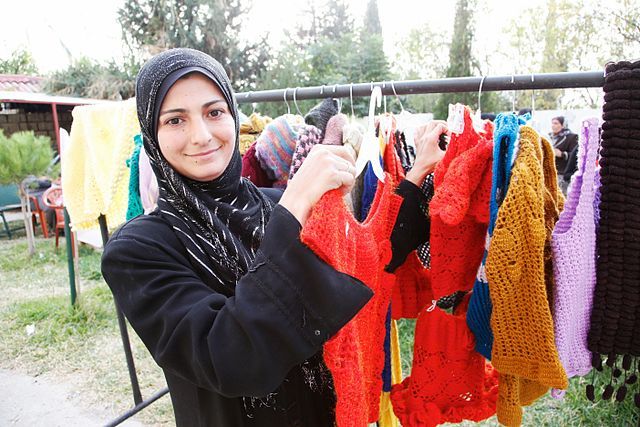Just one year ago, only about 3 percent of refugees were assessed as being ready to go out into the workforce.
That number has exploded in just one year. According to Berlingske, new figures from the Immigration and Integration Ministry suggest that 51 percent of refugees are ready to work.
The other 49 percent are assessed, for reasons ranging from physical disabilities to post-traumatic stress, as being unable to immediately enter the job marketplace.
“The new black in relation to integration is to get people quickly into the labour market,” Jan Rose Skaksen, a professor and research director at the Rockwool Foundation Research Unit, told TV2.
“They can take courses and gain Danish language skills along the way.”
Relaxed requirements
Last year’s three party agreement changed the threshold for what is considered ‘ready to work’. Most refugees are considered ready unless very special circumstances prevent it. Many of the requirements were relaxed, including that a refugee must be able to speak and fill out applications in Danish.
Inger Støjberg, the immigration and integration minister, called the evolution “really, really positive”.
READ MORE: Few Syrian refugees have the right training for Danish jobs
“It means that everything else being equal, there will be more people in the labour market,” she said.














